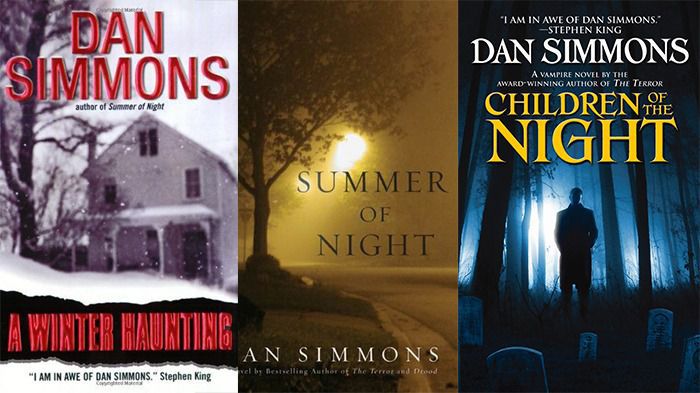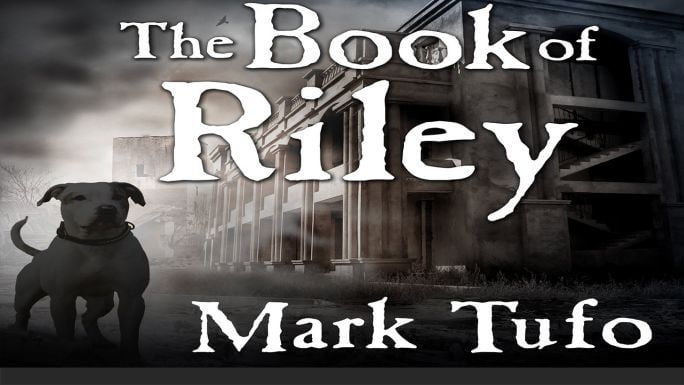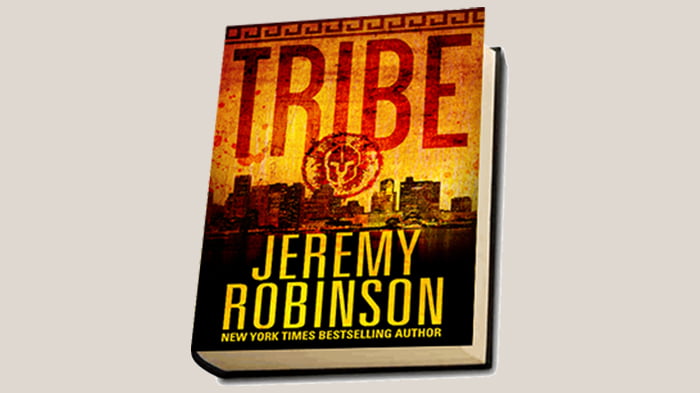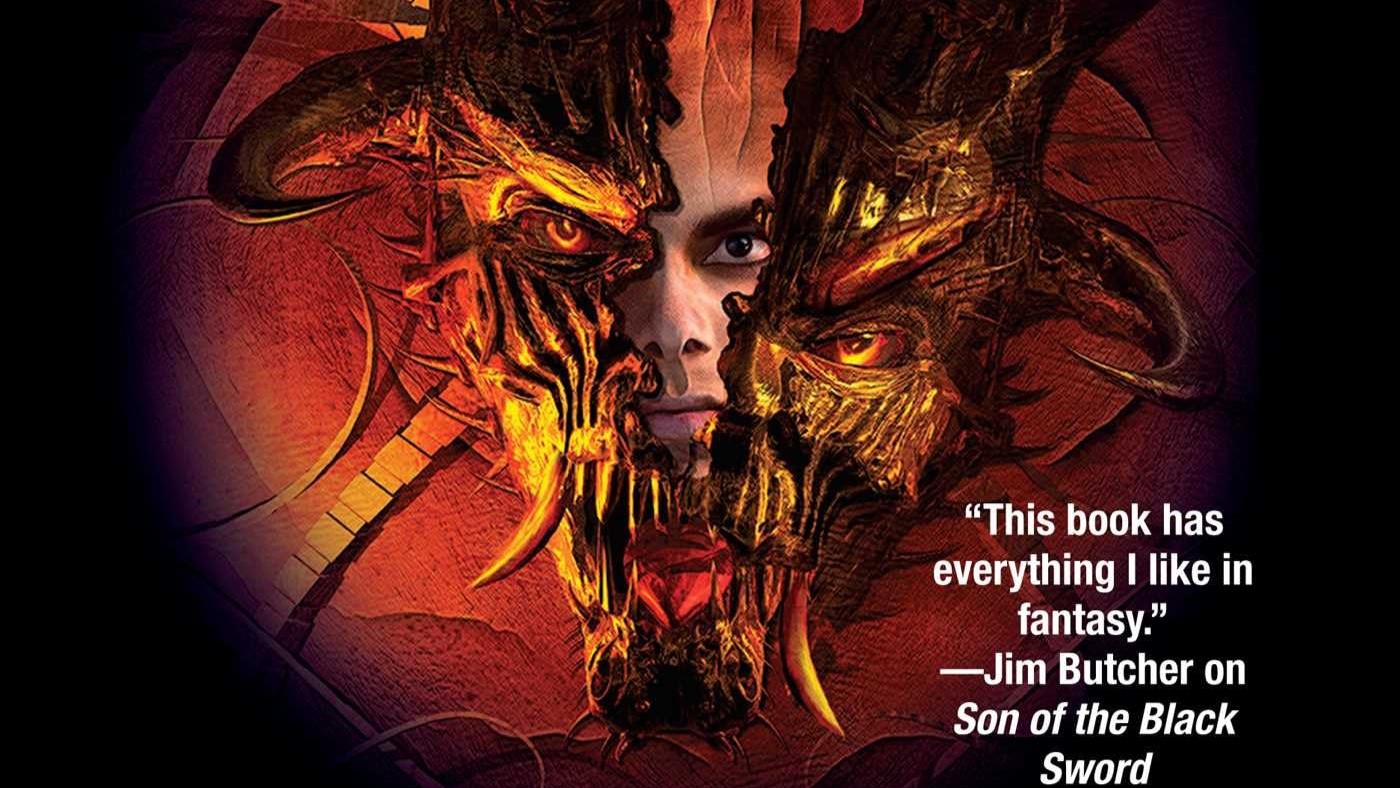In her searing memoir “The House of My Mother”, Shari Franke breaks her silence to expose the shocking truth behind her family’s popular YouTube channel “8 Passengers”. With unflinching honesty and raw vulnerability, Franke pulls back the curtain on the horrific abuse she endured throughout her childhood at the hands of her mother Ruby Franke, whose carefully curated online persona as a devoted, fun-loving parent masked a tyrannical disciplinarian fueled by delusions of righteousness.
From the book’s gripping prologue, Franke draws the reader into her painful past, vividly depicting how her mother’s sadistic parenting practices, enabled by the cultish influence of relationship coach Jodi Hildebrandt, turned the family home into a living nightmare. Through powerfully evocative prose, Franke recounts how Ruby’s megalomania grew in tandem with the popularity of the “8 Passengers” YouTube channel, as the validation of 2.5 million subscribers only served to reinforce her most narcissistic and abusive tendencies.
In harrowing detail, Franke describes the “inhumane and merciless disciplinary regime” she and her siblings were subjected to, the severity of which escalated as Ruby fell deeper under the spell of Hildebrandt’s toxic teachings. The reader bears witness as the Franke children are denied basic human dignities, isolated from outside support, and tormented with cruel punishments designed to break their spirits. The author’s palpable anguish bleeds through every page, making for a deeply unsettling yet riveting read.
But “The House of My Mother” is not merely a catalogue of horrors; it is, at its core, a powerful testament to the resilience of the human spirit in the face of unimaginable adversity. With great insight and emotional depth, Franke traces her painstaking journey from helpless victim to empowered survivor, detailing how she fought to reclaim her autonomy and break free from the psychological chains of her upbringing.
Through her courageous act of bearing witness, Franke exposes the dark underbelly of family vlogging and the dangers of unchecked influencer culture. She shines a glaring spotlight on how the relentless pursuit of internet fame can provide a smokescreen for abuse, enabling predators like her mother to hide in plain sight while exploiting their own children for profit and adulation.
The book serves as a clarion call for greater accountability and oversight in the world of social media, where the most vulnerable among us can be reduced to mere props in a carefully stage-managed illusion. Franke’s indictment of the systems that failed to protect her and her siblings from their mother’s reign of terror is both damning and necessary, forcing readers to confront uncomfortable truths about the limitations of our current child welfare infrastructure.
Yet even as it grapples with these weighty themes, “The House of My Mother” never loses sight of the human story at its center. Franke writes with great empathy and insight, not only about her own experiences but also those of her siblings, each fighting their own battle for survival within the twisted ecosystem of the Franke household. The bonds of love and solidarity between the author and her brothers and sisters form a poignant counterpoint to the cruelty inflicted upon them by their parents.
Ultimately, “The House of My Mother” is a story of hope and redemption, a moving portrait of one woman’s determination to break the cycle of abuse and forge a new path for herself. Franke’s hard-won wisdom and unshakeable commitment to healing offer a roadmap for fellow survivors, while her unflinching honesty serves as a powerful reminder of the importance of speaking truth to power, even in the face of intimidation and silencing.
In sharing her story, Shari Franke has given voice to the often-overlooked casualties of childhood trauma, shining a light into the darkest corners of the human experience. “The House of My Mother” is a must-read memoir that challenges us to confront the insidious nature of abuse in all its forms and to work towards building a world where no child has to suffer in silence. It is a testament to the transformative power of storytelling and a celebration of the unbreakable spirit of survivors everywhere.
 Skip to content
Skip to content









